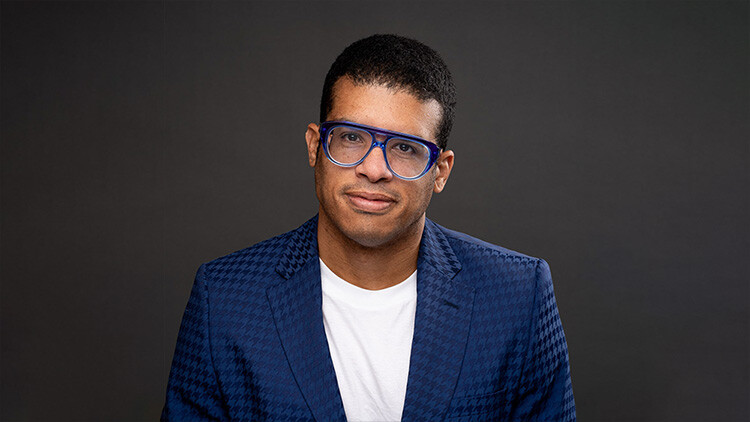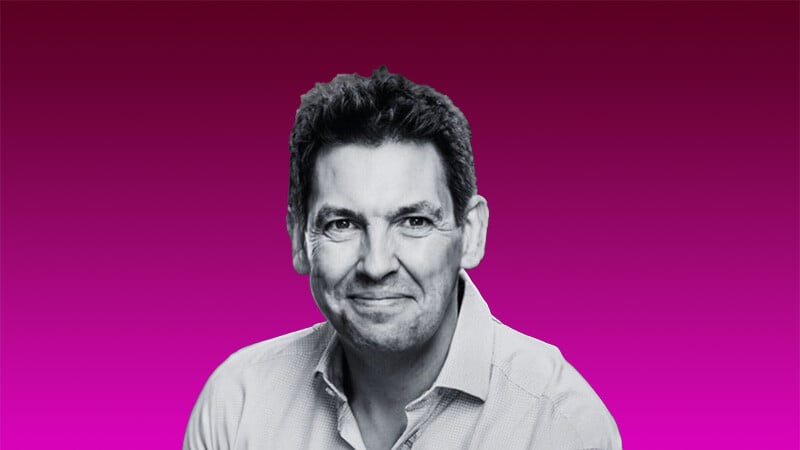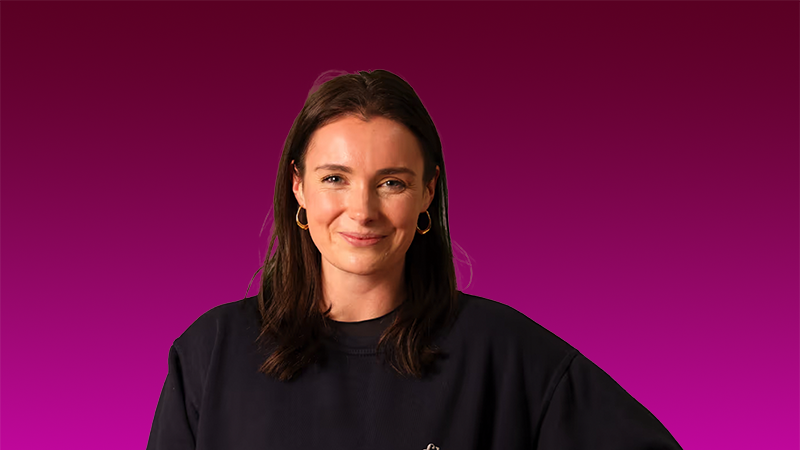FounderMetrics: Trevor Stevenson-Platt
For episode nine of FounderMetrics season two, founder and CEO Ifty Nasir chatted with Trevor Stevenson-Platt, a leading exit planner and the founder...
Manage your equity and shareholders
Share schemes & options
Equity management
Migrate to Vestd
Company valuations
Fundraising
Launch funds, evalute deals & invest
Special Purpose Vehicles (SPV)
Manage your portfolio
Model future scenarios
Powerful tools and five-star support
Employee share schemes
Predictable pricing and no hidden charges
For startups
For scaleups & SMEs
For larger companies
Ideas, insight and tools to help you grow

Changemaker, director, founder, keynote speaker...There's little that Lee Chambers can't do. Lee tells us more about Essentialise and why health is wealth.
I launched Essentialise in 2020 with the desire to move workplace wellbeing from this fluffy, nice-to-have into a strategic, measurable advantage so that both business and their employees benefited and funding would be sustainable.
The story behind it starts with me, five years into my video game scaleup, PhenomGames, when my immune system failed, and I ended up having to learn to walk again.
Suddenly, health became a lot more important than our EBITDA and ARR, and I had a personal desire to empower and enable the health of others. This was amplified in the tech industry, which isn't exactly renowned for looking after its people.
So I did my Masters in Psychology, exited my videogame business, and launched Essentialise just before the pandemic hit.
Probably the biggest challenge we faced was losing three of our four launch clients when the pandemic hit, and their priorities changed overnight.
But this did give us the space to pivot and digitise aspects of our offering and garner input from the Health Innovation Team at Lancaster University.
Truth be told, such disruption is an opportunity when you're starting up, and the ever-changing landscape allowed us to hone our offering and get proof of concept.
We have focused on building the business in a methodical and sustainable way, a very different journey to my first foray into entrepreneurship.
We are now a diverse team of six, spanning four generations, with a variety of sector experiences and valuable skill sets. Being transparent, it's taken months to find the right people for the journey, and the alignment in values and purpose has played a key role.
I can't go without saying when you are in the early days, a bad hire or two can make life incredibly difficult. I will also say that sometimes, the early people who were perfect for you as a startup may not always be the right people for the scaleup journey.
As I said on my previous business journey, I used to obsess over our EBITDA. Older and wiser, our key metrics are employee net promoter score and client satisfaction score.
I'm probably not the person who can give you advice. While I'm an exited founder and have the privilege of bootstrapping Essentialise due to that, just because you've got to an exit doesn't make you suddenly wise!
What I can say from my journey is to make sure you are pitching in the right place to those who fund things similar to what you do.
Know what kind of business you are building; whether it's the next unicorn, a solid medium-sized enterprise or a lifestyle business, you need to know what life you are signing up for.
Know your figures, be trustworthy and authentic, and don't spend forever on what you've done when you are pitching. Keep your investors in the loop; if you go dark, they will sense something is going on.
Really drill down on why you and the team are the people to solve this problem and bring this solution to the world. Really work to ensure the best product-market fit possible and keep evolving.
There's so much more I could say, but I'll leave it there.
Again, as a solo founder who is bootstrapping, I'm in a rather comfortable position and don't spend too much time thinking about this.
What I would say is to get some impartial advice:
I've seen too many fellow founders give away too much early on or go to the wrong people.
This will come back to haunt you in so many ways, from when you raise again to the moment you exit.
How can I come on here and suggest that we don't have a share scheme? You have a Vestd interest! 😉
But, on a serious note, we have a really comprehensive package that has been co-created with the team, and due to our size and the nature of our work, conversations around culture and quality of life come at a premium in comparison to financials and compensation.
Later this year, we will be asking the question, so I'll update you then!
There are all sorts of things I could say!
A fellow startup has Cher's Believe as their anthem. Their oldest team member is 32. I wish we were as fun as that. Part of our team get-together, given our hybrid way of working, is to come together and watch women's football.
It's become something of a tradition, alongside dressing in very colourful clothes, which clearly started with me setting a precedent. If you've seen my wardrobe, you will know what I'm talking about.
Our startup is like a medic charging around the battlefield, fixing people and cleaning up the mess of battle. We don’t do flashy work behind the scenes but are constantly sorting out problems caused by poor application and leadership. We help you win the war.
The first thing that comes to mind is compassion, the second thing is agility, and the third thing is listening.
The reality is that most of us are pretty strong in these areas, as it's a part of the work we do.
What I will say is I'd love everyone to have the same risk appetite as me, but that would probably be a disaster as much as it would make my life easier!
And one extra thing: we are mostly technophobes, so maybe having early adoption mindsets to everything would be of benefit to us as a collective.

For episode nine of FounderMetrics season two, founder and CEO Ifty Nasir chatted with Trevor Stevenson-Platt, a leading exit planner and the founder...

On the fifth episode of this second season of FounderMetrics, founder and CEO Ifty Nasir sits down to chat with Molly Johnson-Jones, CEO and...

Interest in online events soared during the pandemic. In 2020, Eventbrite recorded 75 million attendees for more than 1M online events.